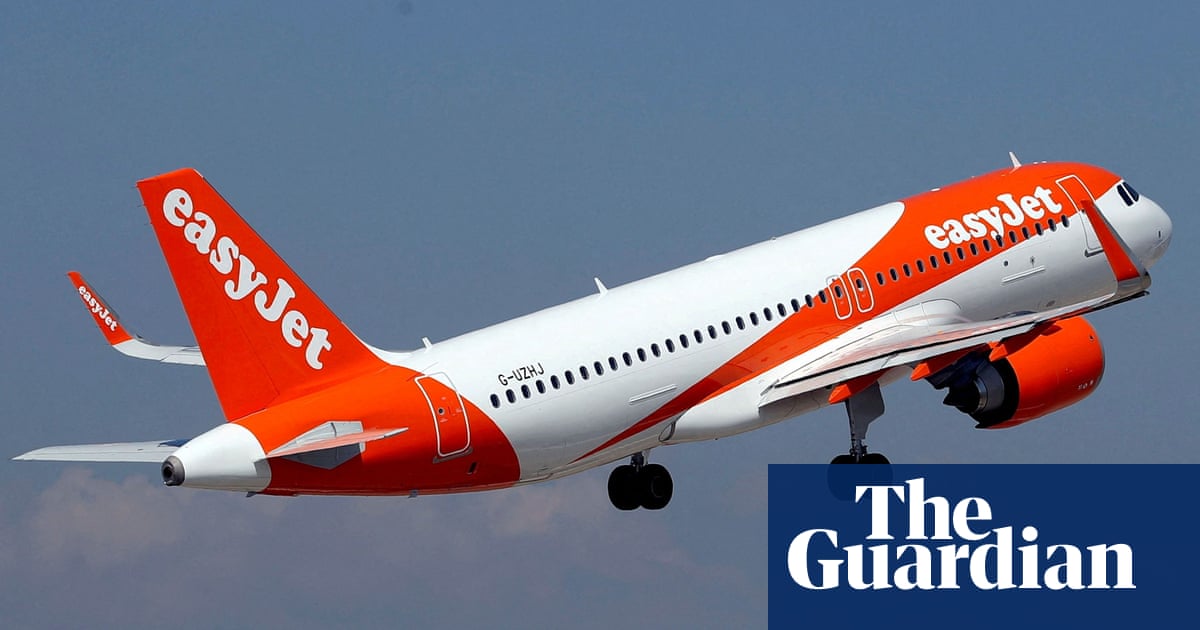EasyJet has cut its winter losses by at least £50m and said it is confident of a record summer, despite higher fuel costs and a £40m loss from the war in the Middle East.
The airline said it expects pre-tax losses of between £340m and £360m for the traditionally loss-making six months to the end of March, in a trading update before its half-year results.
EasyJet said demand for flights had rebounded after a six-week “softening” in searches and bookings from the start of the Israel-Gaza war in October.
The carrier said the net loss from cancelled flights to Israel and Jordan was about £40m, from refunds and lost revenue. EasyJet has now extended until October the suspension of Tel Aviv flights announced this week after Iran’s drone attack. The airline said it expected little direct financial impact from its decision in the coming months.
The region, including Egypt, accounts for a far smaller fraction of easyJet’s operations in summer, down to 0.3% from about 4% in the winter months.
The airline’s first-half profits were boosted by an early Easter, falling in March this year, offsetting a £140m rise in its fuel bill compared with 2023. It said it had been partly protected from rising oil prices in 2024 with 70% of fuel hedged below the current price.
The easyJet chief executive, Johan Lundgren, said: “Bookings continue to build well and we’re confident of building a record summer performance.”
The airline has not given formal guidance for full-year profits, with only about 30% of peak season so far sold, but, according to Lundgren, analyst consensus is “£100m better this summer compared to last year’s record summer, so that gives some idea”.
The group’s holiday arm, easyJet Holidays, has grown by 35% year on year and is 70% booked for summer.
after newsletter promotion
Lundgren said easyJet would be one of the fastest-growing airlines in Europe this year, with new bases in Alicante and Birmingham contributing to 94 new routes, while overall seat capacity would increase by another 8% year on year, with deliveries of 16 additional Airbus aircraft in 2024.
He said reduction of winter losses was “a pillar” of the airline’s strategy, adding: “This is a step in that direction … I think we have surprised the market, given the fact there are two wars going on, where we are with the cost of living challenge and high fuel prices, that we can reduce them, and we want to do more.”
Shares in easyJet rose almost 3% in early trading on Thursday.










